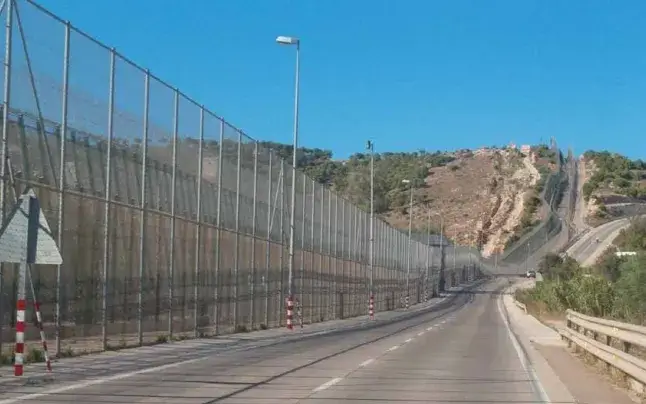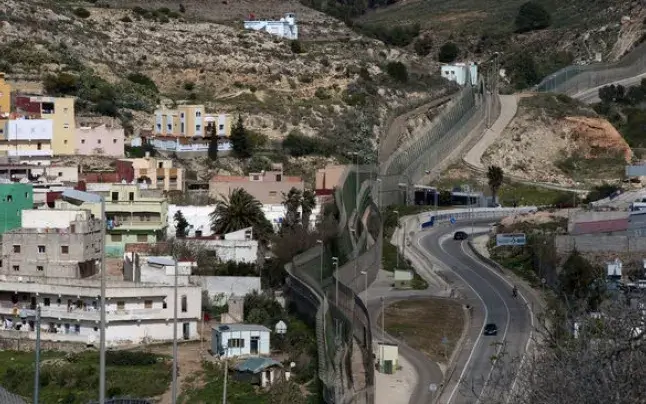Organizations are surprised and consider the European justice sentence as a dangerous decision since it has only taken into account the sovereignty of the European states and not the people’s dignity.
The European Court of Human Rights (ECHR) has upheld express deportations in the Spanish borders. European justice ruled that there had been no violation of the international law by the Spanish government at expelling two African migrants in 2014. ECHR’s grand chamber argues that states can refuse entry to foreigners into their territory since the Convention for the Protection of Human Rights “does not prevent protection requests to be submitted to existing border controls”.
The unappealable sentence comes after the ECHR itself initially condemned Spain in 2017, when it concluded that the returns of the two youngsters from Mali and Ivory Coast that tried to jump over the fence in Melilla violated the European Convention on Human Rights, which prohibits such policies. However, the Spanish government appealed against the sentence.
A serious blow
David Bondia, president of the Catalan Institute of Human Rights, defines the decision as “a serious blow”. “It is a sentence that has taken into account the sovereignty of the European states and Europe’s strength over people’s dignity”, he says. As Bondia points out, “ECHR highlights that the migrants deliberately put themselves at risk and for that, they have no right to access resources”. They do not take into consideration that Human Rights guarantees are for everyone no matter the situation in which they find themselves and whoever has generated the situation of danger”, he states.
Bondia considers the sentence to be “very tough”. It underlines the legal routes to move from one country to another. “These are people running from their countries and, therefore they cannot process visas”, says the director of the Catalan Institute of Human Rights. “It is a sentence made by some judges who ignore the situation of Sub-Saharan Africans, their suffering path to reach the border and their difficulties to ask to come to Europe”, he regrets.
In the same vein, Karlos Castilla, council member of SOS Racism, is also surprised by the ECHR decision, but also by the change of approach of the European justice at analysing this case.
According to Castilla, among the “dangers” that this sentence involves, the main one is the “equivalence between express deportations and expulsion”. This comparison weakens “all guarantees that exist in other types of expulsions”, says the council member of SOS Racism. “It seems that the guarantees for expulsed individuals are conditioned by their behaviour”, Castilla states.
Both Bondia and Castilla recall that the Constitutional Court is not obligated to allow express deportations, as published in some general media since the ECHR only establishes a minimum standard of Human Rights guarantees in Europe. Therefore, if there was a political and legal will in Spain, these policies could be abolished.




Add new comment